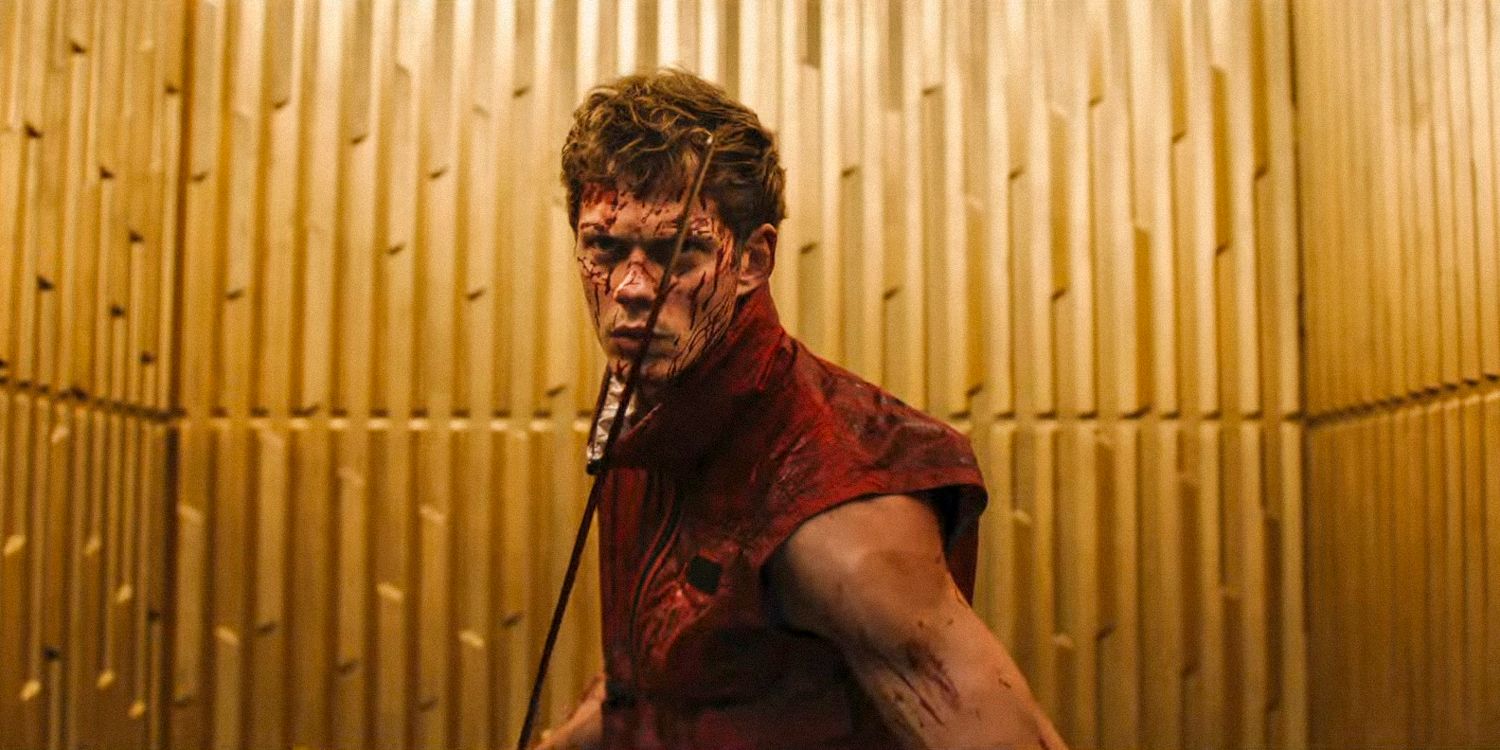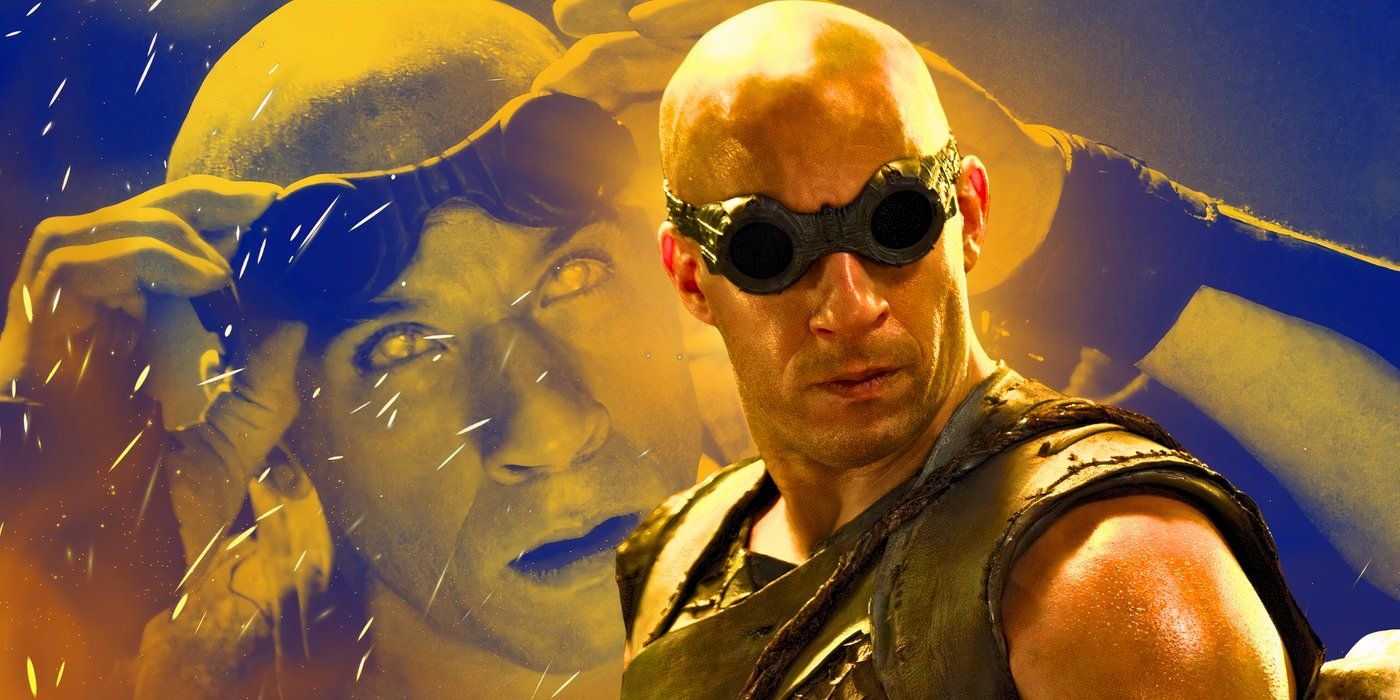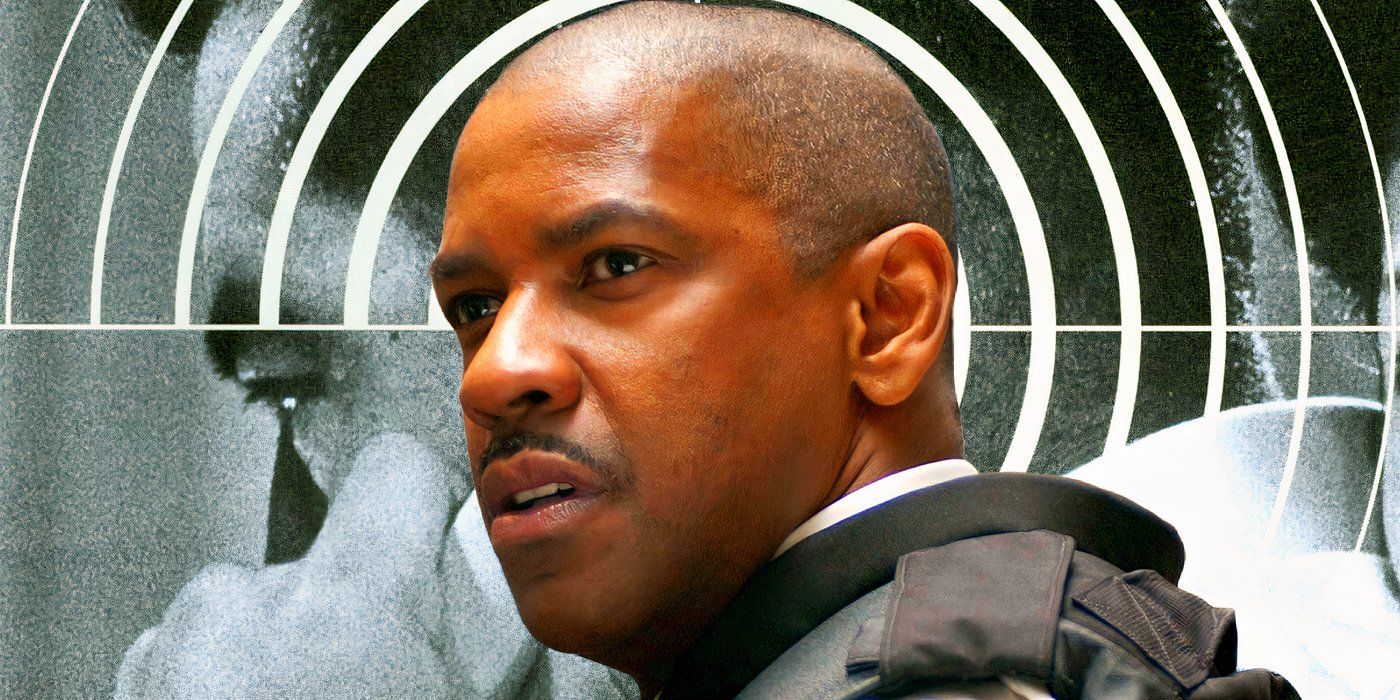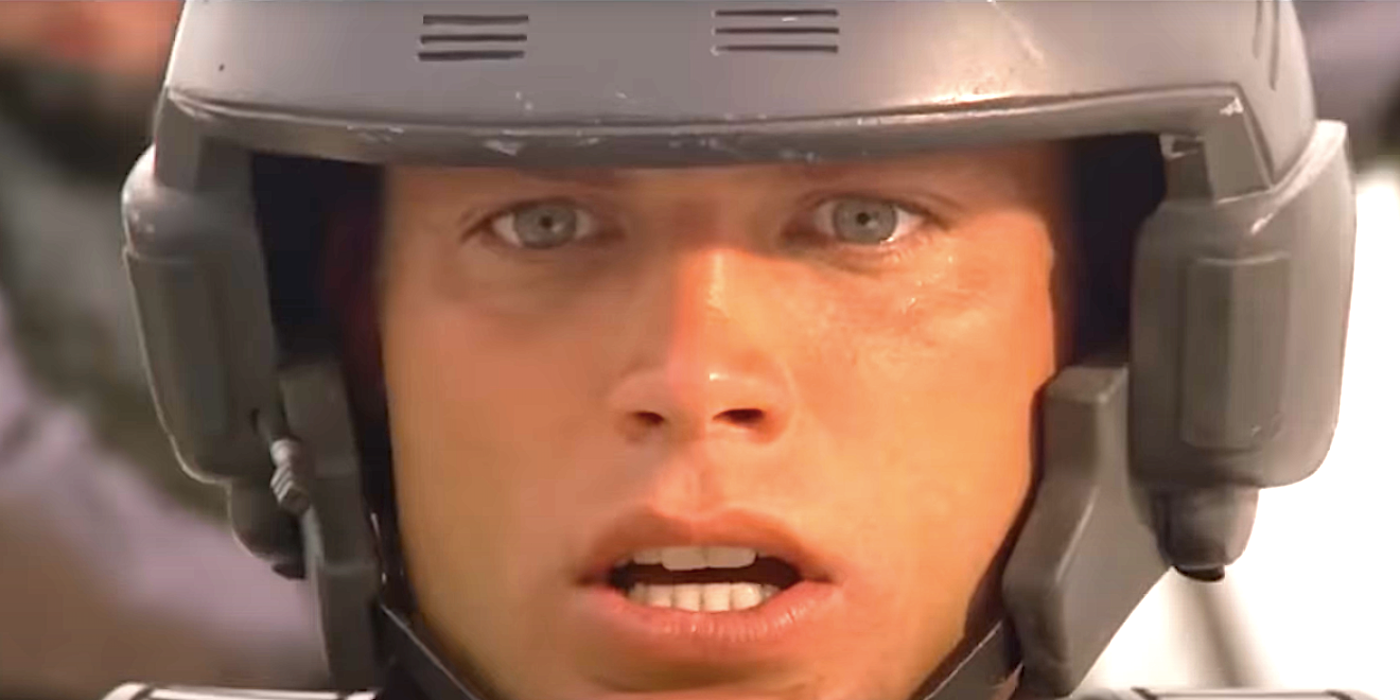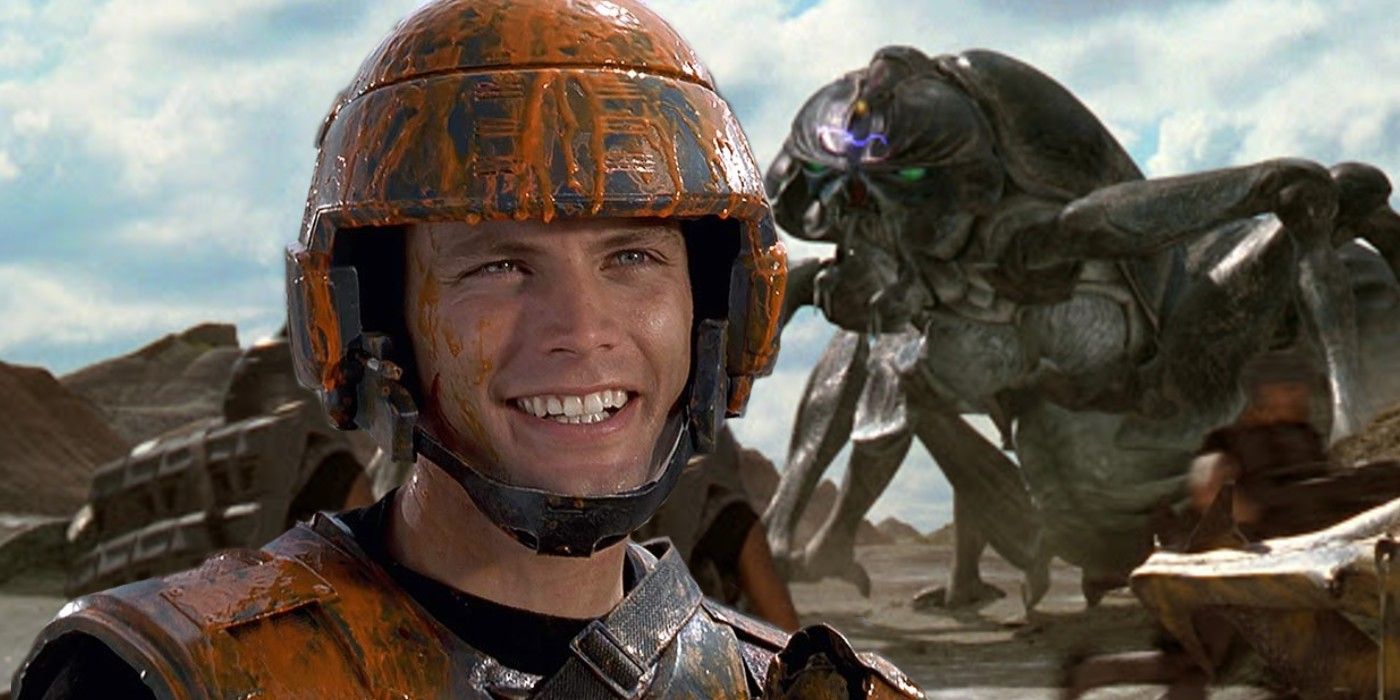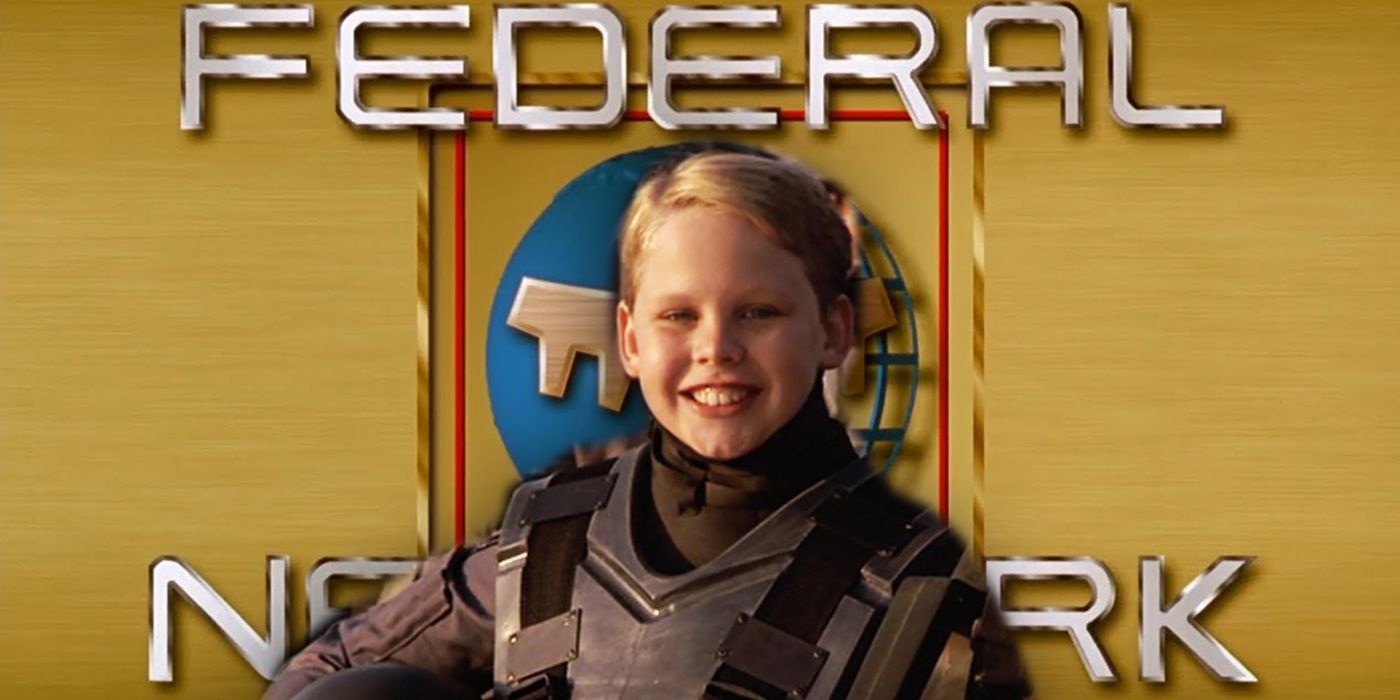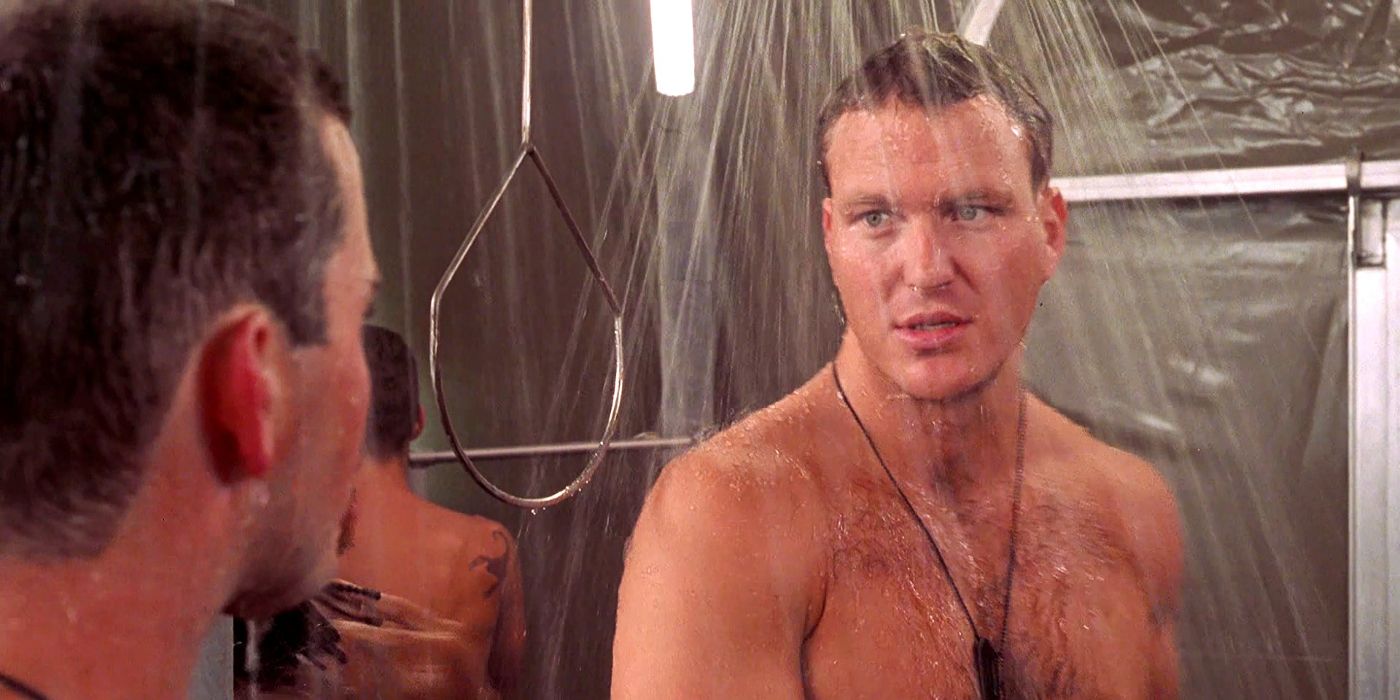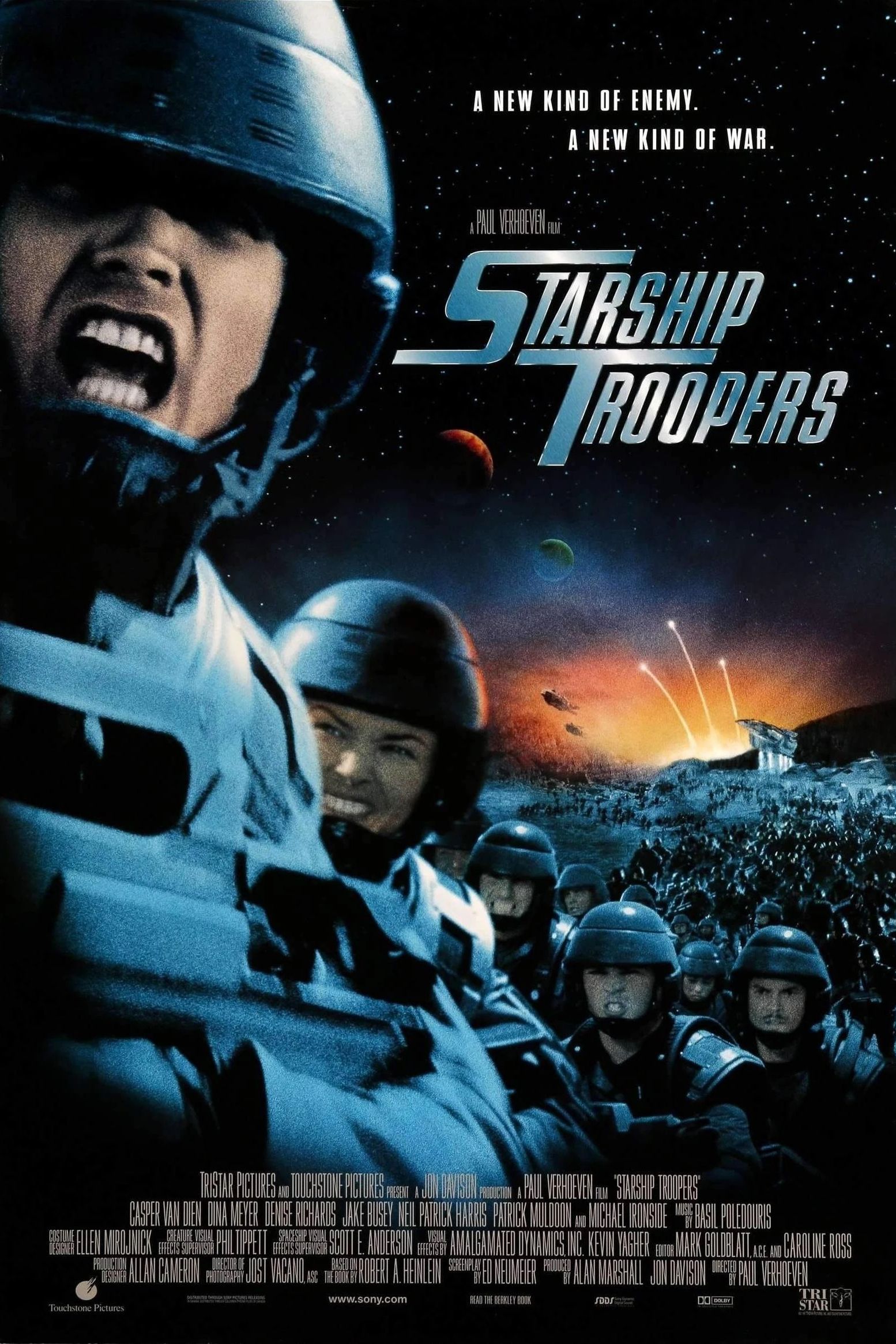Summary
- Starship Troopers' dark sci-fi satire on militarism is often misunderstood but offers a thought-provoking critique of fascism and military worship.
- Director Paul Verhoeven subtly alters author Robert A Heinlein's themes in the movie adaptation, highlighting the dangers of blind obedience to authority.
- Despite initial criticism, Starship Troopers has gained a cult following, with retrospective reviewers appreciating its satirical genius and influence on modern media.
Although Starship Troopers wasn’t appreciated upon its original release, the sci-fi satire’s arrival on Netflix offers viewers another chance to enjoy director Paul Verhoeven’s underrated masterpiece. Author Robert A. Heinlein’s most famous novel, 1959’s Starship Troopers, is a rare depiction of sci-fi tyranny that isn’t dystopian. In Heinlein’s novel, the army is right to use capital punishment, military conscription isn’t just necessary but a moral good, and the military top brass who run the government are entirely trustworthy and deserve complete control over the heroes. Understandably, director Paul Verhoeven’s 1997 movie adaptation subtly altered a lot of these themes.
At first glance, Verhoeven’s movie is a straightforward adaptation. However, by the end of Starship Troopers, it is clear where the director stands on militarism. Starship Troopers follows a group of young recruits who battle alien bugs in the 23rd century, but that conflict is not what the movie is really about under the surface. This $100 million sci-fi movie seems like an earnest war story, but it is secretly a sharp satire of fascism, nationalist propaganda, the media, and the military-industrial complex. Unfortunately, not many critics understood Verhoeven’s cult classic Starship Troopers when it was first released.
Starship Troopers Is Now On Netflix - What The Movie Is About
Starship Troopers Is A Dark Sci-fi Satire of Militarism
On the face of it, Starship Troopers is a thrilling, gory war story. The affable jock Rico joins the military to fight alien bugs, bringing his girlfriend Carmen and friend Carl with him. A brutal accident during training leads to Rico’s demotion and he quits. Upon discovering his parents died after an asteroid sent by the bugs struck Earth, Rico re-enlists and helps the army defeat the aliens. Things don’t quite go to plan, without innumerable ill-prepared soldiers dying horribly and the army secretly sending Rico and his comrades into a trap to gain vital intel. Still, Rico retains his faith.
What the sequels to Starship Troopers missed out on is the subtle satire weaved throughout this story. Advertisements for the military heavily imply that humans are losing the war badly and their military conscription and propaganda efforts stem from desperation. Carl’s claims that the Brain Bug is “Scared” is a poor excuse for a victory in the end, and the countless human casualties lost in the conflict are glossed over. Starship Troopers isn’t a story about humans fighting bugs as much as it is a prescient warning about how alluring fascism can look when it is presented in a pretty package.
Why Starship Troopers Was Initially Badly Received
Critics Missed The Point of Verhoeven’s Satire Completely
Despite how blatantly satirical Verhoeven’s earlier sci-fi thriller Robocop was, critics failed to understand the message of Starship Troopers upon release. The Washington Post, for example, accused the movie of supporting fascism, a bold claim to make when Verhoeven himself grew up in Nazi-occupied Holland and witnessed the horrors of World War II firsthand. Even though the most subversive scenes of Starship Troopers barely hide their contempt for militarism, most critics failed to see this through line in the movie’s story. Instead, even luminaries like Roger Ebert and Janet Maslin criticized its ostensibly juvenile story and overwhelmingly violent action sequences.
In a fascinating case of almost getting to the point, Ebert and Jonathan Rosenbaum both claimed that the villains of the movie lacked personality and a believable motive. The idea that Starship Troopers was intended to replicate fascist propaganda, and therefore intentionally failed to humanize its villains, doesn’t appear to have occurred to either critic. This is particularly notable when numerous scenes crib shot compositions directly from Leni Riefenstahl's Triumph of the Will, and one late scene even sees Carl decked out in a uniform that is clearly based on Nazi attire. These hints took a few decades to hit viewers.
How Starship Troopers Became A Cult Classic
Retrospective Reviewers Appreciated The Satirical Genius Of Starship Troopers
Although Starship Troopers hero Johnny Rico appeared in other movies, Starship Troopers was neither a critical nor a commercial success at first. However, in recent decades, the tide of opinion has turned. In 2013, Calum Marsh of The Atlantic dubbed it the most misunderstood movie of all time, while David Roth took this view even further in a 2020 article for The New Yorker. There, he argued that Verhoeven’s Starship Troopers is ultimately a critique of fascism, depicting a world wherein a society built on violence, blind obedience to authority, and military worship constantly loses to its enemies.
Verhoeven himself called Starship Troopers “An idiotic story” about young people fighting bugs, noting in a Guardian interview that he wanted the cast to look like they were “Straight out of Nazi propaganda.” In this regard, recent retrospective reviews suggest he succeeded. Starship Troopers has been reclaimed as a satirical success, with the AV Club singing its praises and numerous notable directors and actors singling it out as a favorite. Although Starship Troopers didn’t resonate with viewers or reviewers when it was released, the satirical adaptation gained critical recognition in the 2020s and now has the chance to succeed on Netflix.
Starship Troopers' Legacy & Importance
Starship Troopers Influenced Everything From Helldivers 2 To Ari Aster
Starship Troopers might have flown over the heads of many critics, but there was no shortage of artists ready to take inspiration from the movie. The recent hit video game Helldivers 2 is clearly influenced by Starship Troopers, with nods to both the in-universe propaganda of Verhoeven’s satire and direct references to the movie’s storyline. Meanwhile, Ari Aster, Margaret Brown, and Eli Roth named Starship Troopers as one of the best movies of the ‘90s, while Home Alone star Macaulay Culkin waxed lyrical about the movie’s subversive satirical genius in an interview with Vulture from 2018.
Ultimately, Verhoeven’s adaptation was a box office failure but proved a critical success when viewers came around to its unique brand of satire. Starship Troopers is a daring satire in that the movie never drops the facade and winks at the viewer to let them in on the joke. The human protagonists are depicted as perfect heroes while the bugs are portrayed as mindless monsters, and it is only by viewing the movie as a piece of propaganda that viewers get the true story. This makes Starship Troopers a challenging, but undeniably rewarding, unique, and rich, viewing experience.


